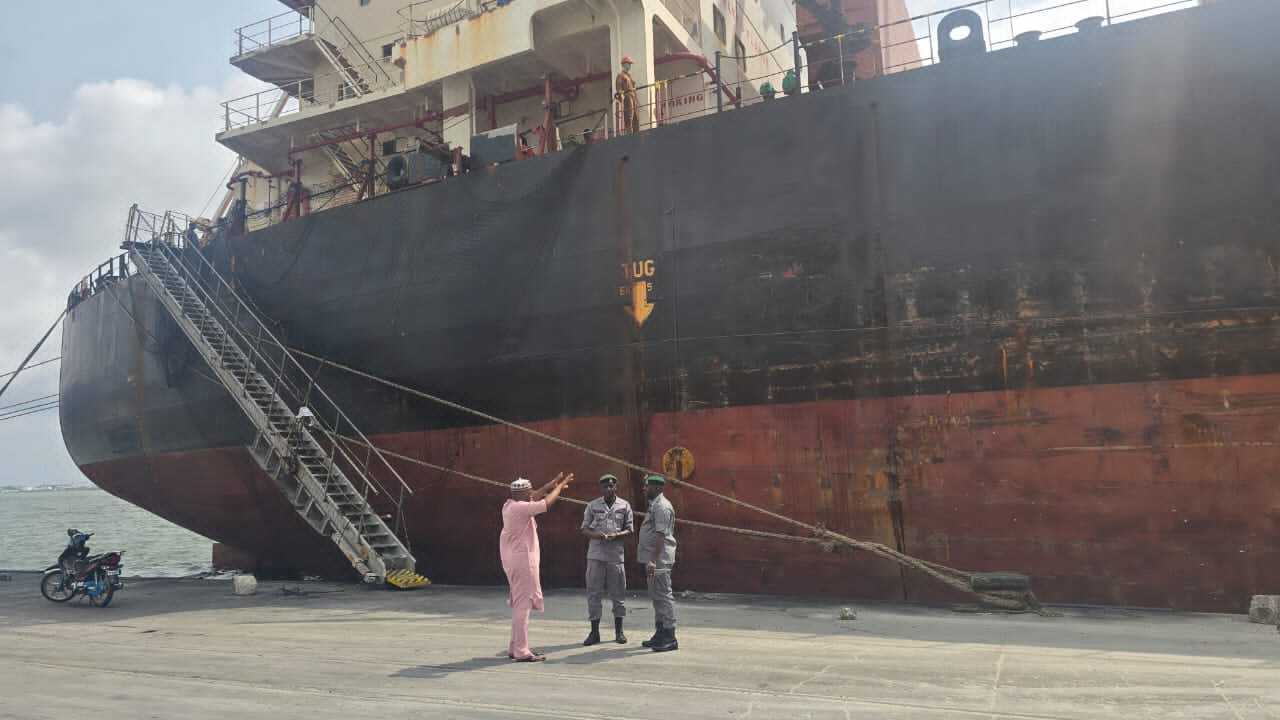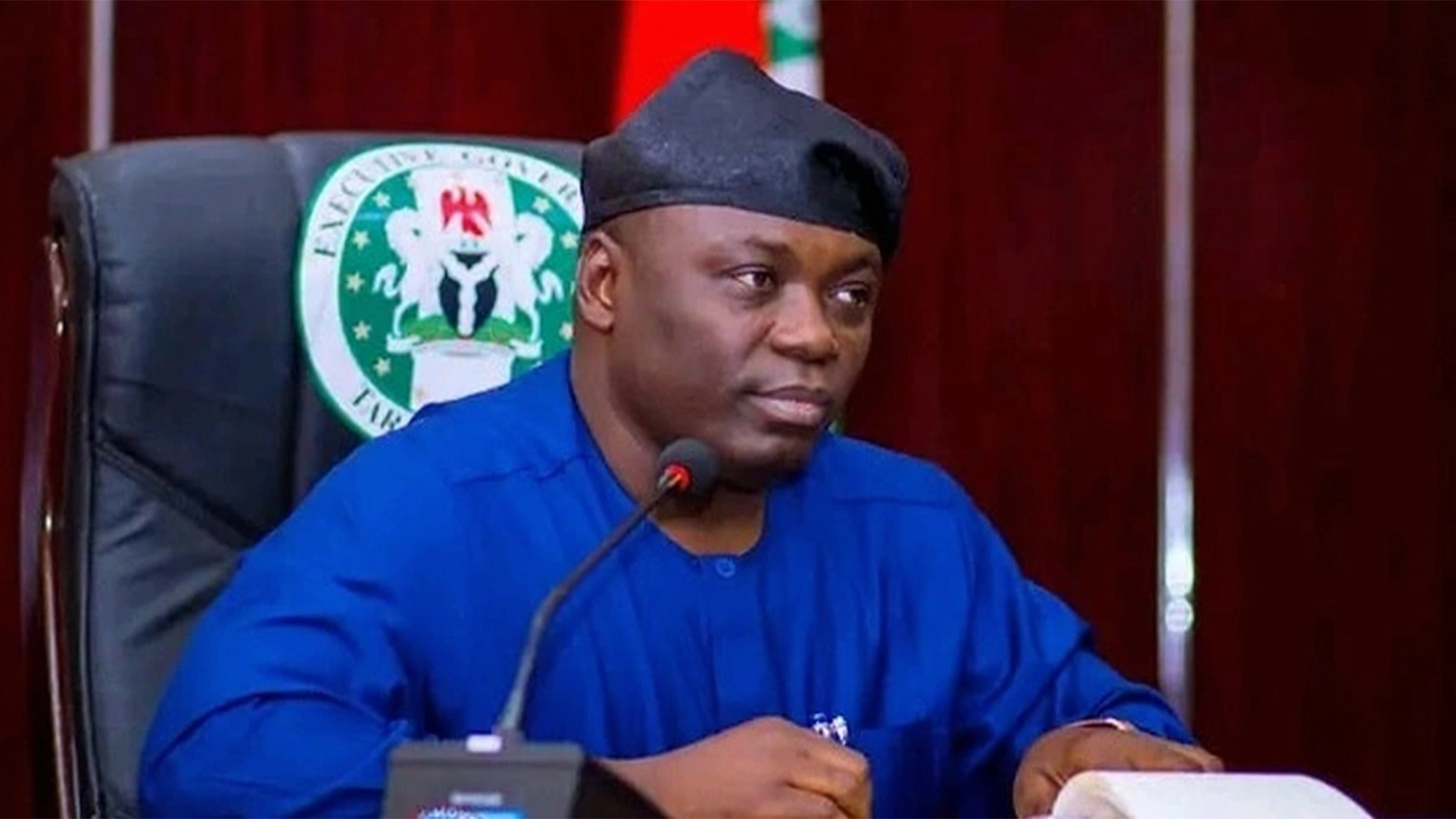
Despite increasing budgetary allocation on education in the North-Western states of Kano, Jigawa and Katsina, the quality of education in the region has continued to fall, eliciting concerns.
The North-West region has the second highest out-of-school children rates in the country; it’s a worsening situation in Kano, Jigawa and Katsina states, statistics by United Nations Children’s Fund UNICEF have indicated.
Briefing journalists on the state of basic education in Kano, Jigawa and Katsina states, UNICEF Chief Field Officer, Kano, Rahama Farah, said while franchise states struggled to reduce the number of children, who are not in schools, those in the classroom are lacking quality education.
Farah spoke on the occasion of the United Nations’ International Day of Education and submitted that available data showed that only one out of four children in Nigeria, aged between seven and 14, could read and understand a simple sentence with additional potential to solve basic arithmetic.
The UNICEF chief revealed that poor as the figures showed, the situation was staggering in Kano, Jigawa and Katsina, where Foundation Learning rates stand at 11 per cent.
“Only two per cent of primary school learners in Jigawa state have foundational reading skills, while less than one per cent has numeracy skills. Kano appears better with 9.6 per cent for reading proficiency and 11.2 per cent for numeracy.
“These figures are way lower than the national averages of 26 per cent and 25 per cent for reading proficiency and numeracy respectively,” Farah added. On the out-of-school rate, Farah stressed that Kano, Jigawa and Katsina accounted for 16 per cent of the total 10.2 million out-of-school children. According to him, Kano has 989,234, Jigawa accounted for 337,861, and Katsina possesses 536,112 out-of-school children.
Besides, Farah identified the disruptive impact of Climate Change on learning and hinted that 115 schools, buildings and facilities were destroyed by flooding in Jigawa, with 92,518 children already sent out of schools in the state.
Farah pointed out challenges of lack of qualified teachers, poor cash backing from statutory allocation, the impact of climate change, insecurity and infrastructural deficit as major predicaments frustrating the quality of education in the states.
In its call for action to change the narrative, UNICEF challenged authorities in the three states to increase appropriation, release and spending on basic education beyond the 1.2 per cent of the GDP on education.
UNICEF bemoans education quality in Kano, Jigawa, Katsina despite better funding

UNICEF
UNICEF





